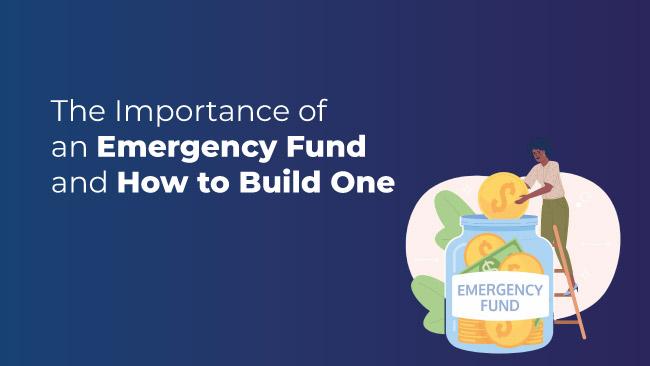The Importance of an Emergency Fund and How to Build One

An emergency fund is money you set aside specifically for unexpected expenses. It’s a financial safety net that helps you stay afloat when life throws surprises your way, like losing your job, medical bills, rent increases, urgent repairs, or family emergencies.
Life happens, and when it does, the money you have set aside will be your safety net.
Why You Need An Emergency Fund
- Unexpected expenses like medical bills or job loss
- Peace of mind that helps you sleep better
- Avoiding debt no need to borrow or liquidate investments in a crisis
How Much Should You Save?
Aim for 3 to 6 months of essential living expenses. Start small, set a monthly target to save ₦20k/month = ₦240k/year,even ₦5k/week = ₦260k/year. Consistency matters more than the amount.
Steps to Build An Emergency Fund
- Open a Separate Account
Keep your emergency fund away from your daily spending account. - Set a Monthly Goal
Start with what you can afford. ₦10,000 a month = ₦120,000 in a year. - Automate It
Schedule auto-transfers right after salary day. No room for excuses. - Cut Luxuries Temporarily
Channel entertainment, eating out, and luxury spending towards your safety fund; it’s a temporary sacrifice for long-term freedom. - Keep It Liquid but Inaccessible
Use fintech apps like RentSpace or digital banks that let you withdraw during emergencies, but don’t tempt you with easy access.